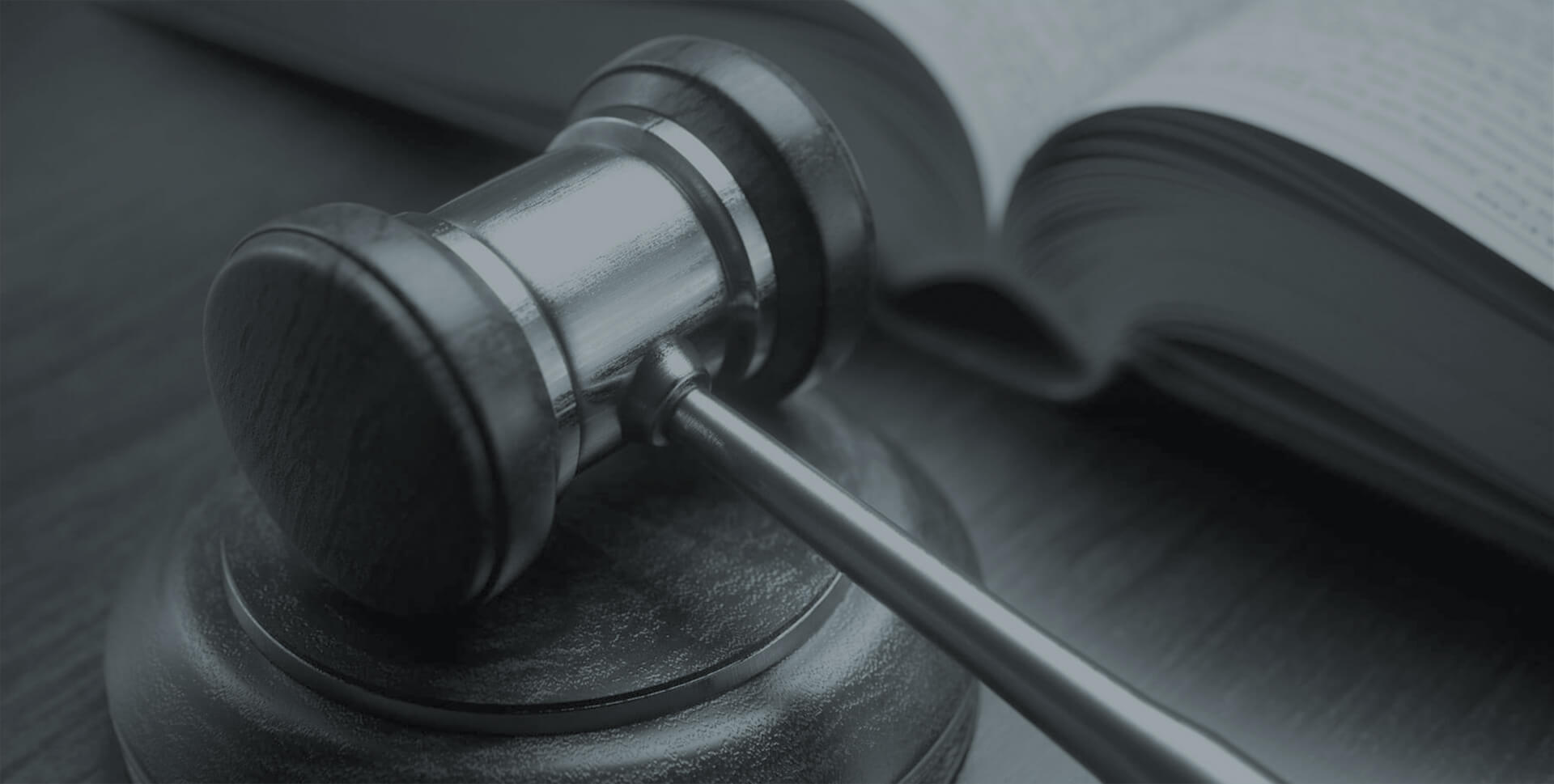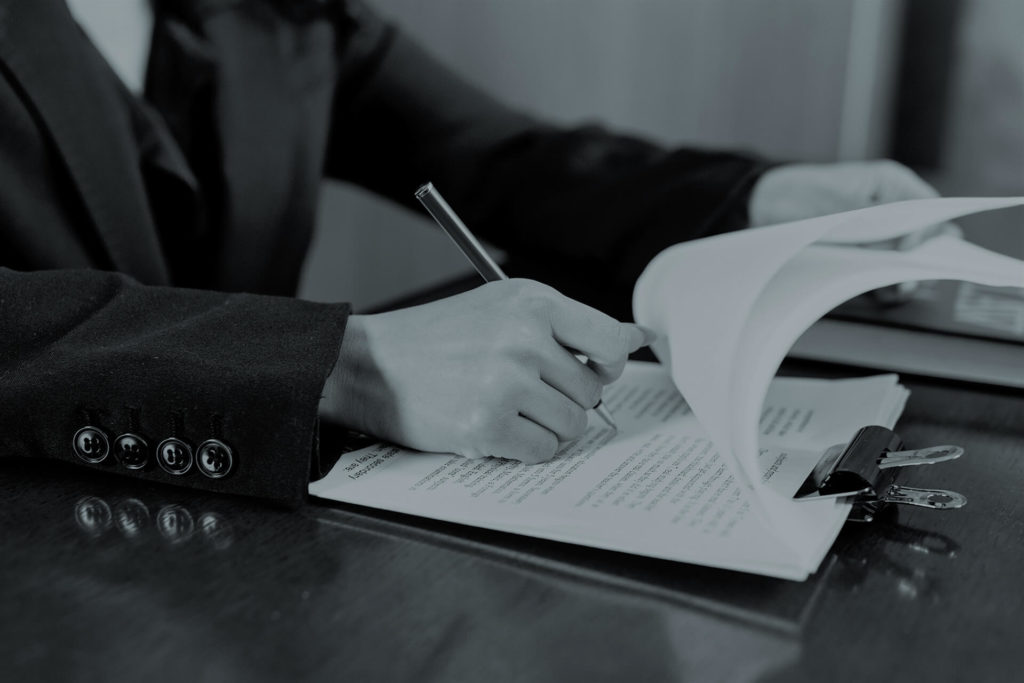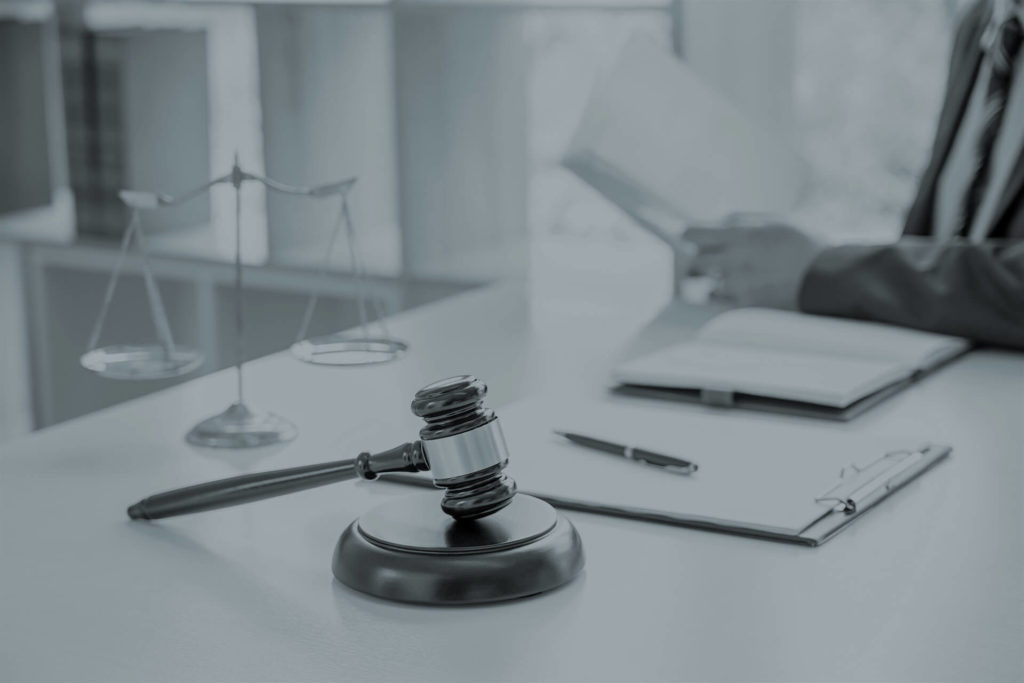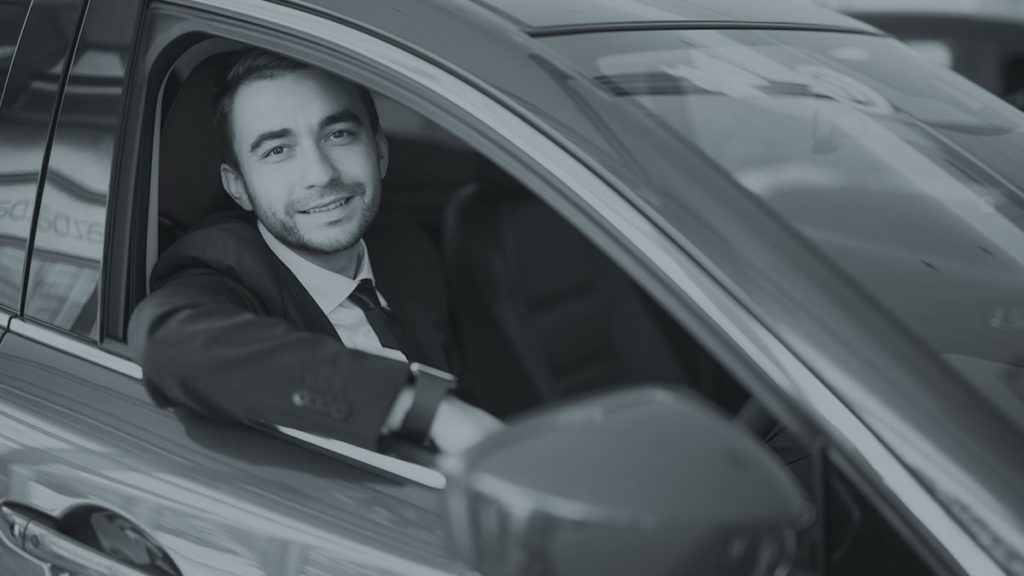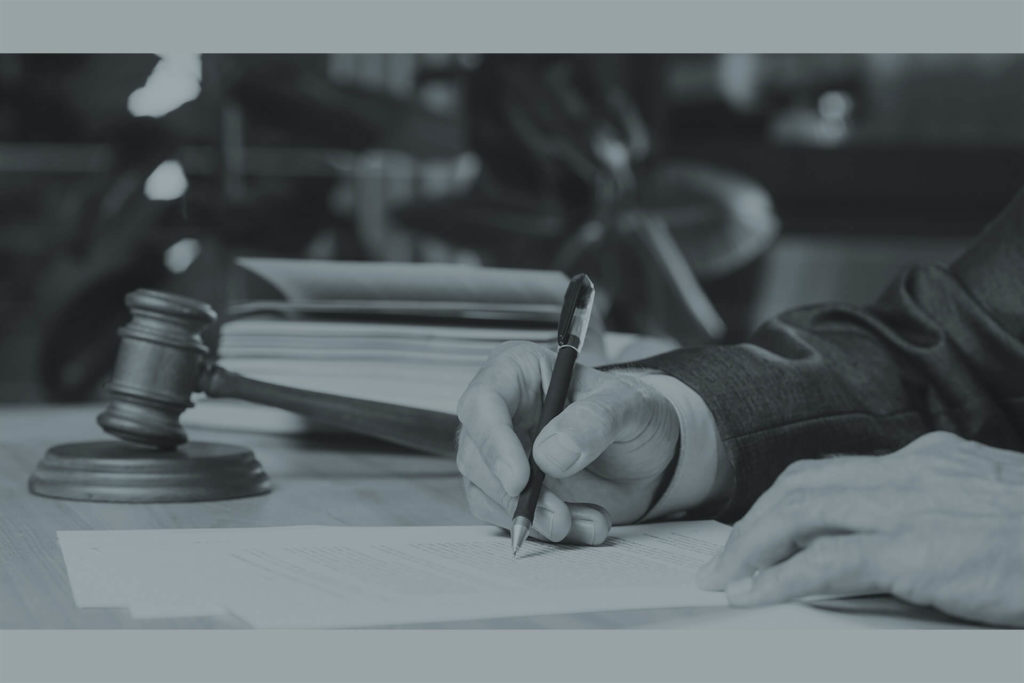Send your enquiry.
Contact us for a free, initial no obligation consultation.
"*" indicates required fields
Your information is safe and treated in accordance with our Privacy Policy
The hip flask defence is one possible way of defending a drink driving charge. It is when you drank alcohol after driving but before providing a sample of breath, blood or urine. This means that while you were over the prescribed limit when you were stopped by the police, you were not actually over the limit while operating a vehicle.
Motoring offences lawyers London
To find out more about defending a drink driving charge, please contact us at Ashmans Solicitors. We specialise in motoring law and can represent you throughout proceedings. We act for motorists across the country and have offices in London, Leeds, Sheffield, Huddersfield and Dewsbury. We are available to take your call 24 hours a day, seven days a week.
What is the hip flask defence?
The hip flask defence is a type of factual defence. It arises when you are thought to be operating or in control of a vehicle while over the prescribed alcohol limit. However, the prosecution is actually mistaken because the alcohol was consumed after you stopped driving.
So, the police may arrive at the scene of an accident and request that you take a breathalyser test –which then shows that you are over the legal limit. Yet what this test does not show is that while you have been drinking alcohol, you only did so once you had finished driving. Put another way, you were actually driving while sober, or with a small amount of alcohol in your system.
When can you use the hip flask defence?
The hip flash defence is not argued in court very often, but there are particular circumstances in which it is crucial to the accused’s defence.
For example, imagine that you are driving along a country lane and you take a corner too sharply. Your car spins out of control and you hit a tree. Thankfully you are not injured, but you are badly shaken. While you wait for the emergency services to arrive, you reach for a bottle of whisky that happens to be in your car and take a sip to calm your nerves. When the police arrive, they say it is standard procedure to breathalyse you. The test shows that you are indeed over the legal limit –but only because you recently took a sip of whisky.
This is precisely when the hip flask defence can be used. Another scenario might be that you are seen driving erratically by a police patrol car, but in fact, you are entirely sober. You return home and pour yourself a gin and tonic, only for the police knock on your door and demand that you provide a sample. Again, this may show that you are over the legal drink-drive limit –but only because you had an alcoholic beverage when you got home.
These are situations that anyone could find themselves in. It is incredibly frustrating to be accused of drink driving, despite the fact that you consumed alcohol when you had stopped driving. However, the law in England and Wales does allow you to raise this as a factual defence.
Why is it called the hip flask defence?
This defence has become known colloquially as the hip flask defence. This harks back to the days when someone would take a drink from their hip flask to steady their nerves. Of course, you may not actually have been drinking from a hip flask, but the name has stuck.
The hip flask defence and the law
Under Section 15(2) of the Road Traffic Offenders Act 1988, there is a presumption that the amount of alcohol measured in a motorist’s breath, blood or urine is not less than the amount of alcohol in their system at the time of driving. However, this presumption can be rebutted with the hip flask defence. But it is up to you to prove it.
This differs slightly to other criminal offences, in which the prosecution must prove beyond a reasonable doubt that you are guilty of an offence. With the hip flask defence, the onus is on you to establish that you were under the prescribed limit while driving. This must be proved on the balance of probabilities.
Specifically, the law states that the hip flask defence will be upheld if the accused proves:
- That he consumed alcohol before he provided the specimen or had it taken from him, and after the time of the alleged offence; and
- After he had ceased to drive, attempt to drive or be in charge of a vehicle on a road or other public place; and
- That had he not done so the proportion of alcohol in his breath, blood or urine would not have exceeded the prescribed limit and, if it is alleged that he was unfit to drive through drink, would not have been such as to impair his ability to drive properly.
Does the hip flask defence work?
The hip flask defence can be very effective, so long as the correct evidence is presented. As mentioned above, the burden is on you to prove on the balance of probabilities that you were under the prescribed limit while driving. This can be achieved in a number of ways, including:
- CCTV footage
- Witness testimony
- Forensic toxicology reports
CCTV footage might come from street cameras and police bodycam footage. This may reveal images of you before and after driving. It may also show you explaining the situation to the police when they requested a sample. If your story has been consistent throughout proceedings, this can be used to corroborate your version of events.
Similarly, if a passenger or other witness can attest to the fact that you were sober while operating a vehicle, and consumed alcohol after you finished driving, this can help to support your case.
Perhaps the most important evidence, however, will come from a forensic toxicologist. This expert will conduct a ‘back calculation’ to determine what your expected blood alcohol content would have been while you were driving. This calculation will depend on factors such as:
- What you drank and when
- The time the sample was taken
- Your age
- Your height and weight
- Your consumption of food prior to/after the incident
If a toxicologist confirms that you would likely have been under the prescribed limit while operating a vehicle, this will be difficult for the prosecution to refute.
Motoring defence lawyers London
If you have been charged with drink driving, please contact us at Ashmans Solicitors. We have a dedicated team of experienced motor offence lawyers ready to help you. We can examine the various defences available –including the hip flask defence. If you were under the prescribed limit while operating a vehicle, we will work to prove this to the court, ensuring your licence is saved. Find out if can you go to jail for dangerous driving.
For an initial enquiry, call us now on 0333 009 6275. We are available 24 hours a day, 7 days a week. We also have specialist drug driving solicitors. See our motoring defence fees page to find out more about our fixed fees.
You can also email us on enquiries@ashmanssolicitors.com or complete our Online Enquiry Form and we will contact you.
